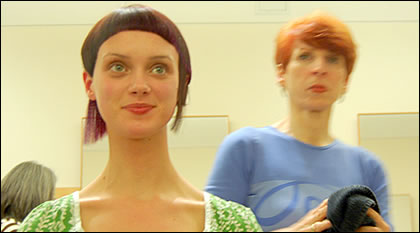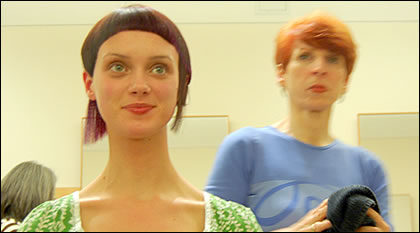
A new experiment finds that hairstylists who compliment their customers earn one third more in tips – which could mean thousands more over a year.
John Seiter and Eric Dutson of Utah State University, recruited two hairstylists who, after cutting their customer’s hair, randomly pulled one of three pennies from their pocket. This was to ensure that customers were not treated differently during the haircut itself.
If the penny was marked with a 1, they gave the customer no compliment. If it was marked with a 2 they told the customer: “Your hair looks terrific”. If it was marked with a 3 they said: “Any hairstyle would look good on you.” The amount tipped by each customer was then recorded by the hairstylist.
To be able to compare across differently priced haircuts, the tips were converted into a percentage of the total price for the haircut. Here are the average tip percentages in each condition:
- “Your hair looks terrific.” – 12.83% tip
- “Any hairstyle would look good on you.” – 12.51% tip
- No compliment – 9.14% tip
As you can see the average tip percentages are one third higher in the compliment conditions than the no compliment condition. Over the months and years this can add up to a substantial difference.
This is a good practical demonstration that a simple method of ingratiation – a compliment – can actually have a persuasive, and easily measurable effect on people. Indeed, this finding could well be applicable across a wide range of service-related jobs. But I’m sure I don’t need to remind such intelligent, discerning readers as yourselves of that, do I?
Reference
Seiter, J. S., & Dutson, E. (2007). The Effect of Compliments on Tipping Behavior in Hairstyling Salons. Journal of Applied Social Psychology, 37(9), 1999-2007.

